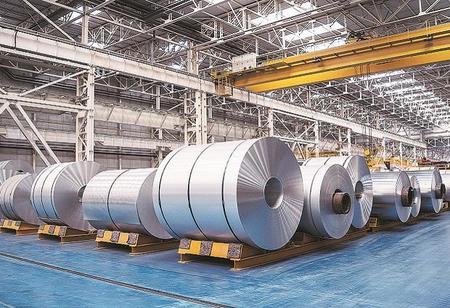
Tata Steel Intends to Raise $7 Bn Selling its Netherlands Business


Tata Steel is planning to raise about $7-8 billion from the sale of Ijmuiden Steelworks in the Netherlands to Swedish steel giant SSAB. Sources close to the company have revealed that the diligence is reaching an advanced stage and the financial offer is expected by January.
A senior banker states, "Tata Steel is running a profitable business in the Netherlands and it is a strategic fit for SSAB. IJmuiden steel mill and the related downstream assets are jointly valued at $7-8 billion. The officials from SSAB are evaluating the assets. They will come up with a binding offer after they complete the technical and financial assessments."
The European branch of Tata Steel is intending to decouple the ‘problem businesses in the UK from profitable businesses in the Netherlands. In this process, the company is expected to get two benefits as the UK government is ready to support the steel company but administrators are worried that the benefits extended to the UK entity may be moved to the Dutch business. Thus, the business segregation would help the company to acquire government assistance. Alongside, the buyers also are not supporting the struggling business in Port Talbot, UK.
Although the company is planning to raise $7-8 billion, it is not sure if SSAB would want it as a discounted purchase because of the prevalent negative market condition in Europe.
The expectation is for $7-8 billion, but it is not clear whether SSAB will want it as a discounted purchase because of the prevalent negative market condition in Europe. Finalizing the deal of more than Rs.50,000 crore would have a direct impact on the net of debt of Tata Steel to half from Rs 96,500 crore in September. Furthermore, Tata Steel procured the European business of Corus Plc for about $12 billion in 2007 in an open bid. But the entity has been mostly registering losses since the recession in 2009.